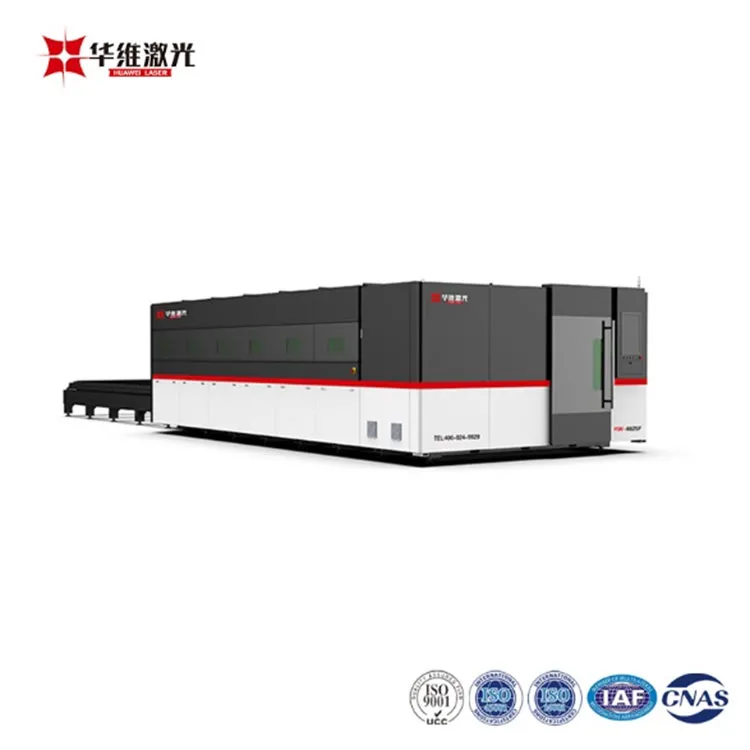A Guide to Choosing the Right Metal Laser Cutting Machine for Your Business
2024-08-16
Introduction
Investing in a metal laser cutting machine can significantly enhance your manufacturing capabilities, but with so many options available, choosing the right machine for your business can be a daunting task. This blog provides a comprehensive guide to selecting the ideal metal laser cutting machine, considering factors such as material compatibility, cutting speed, precision, and cost.

Understanding Your Needs
Before diving into the specifics of different machines, it's essential to assess your business's needs:
- Materials: Consider the types of metals you will be cutting, such as steel, aluminum, copper, or titanium. Different machines are optimized for different materials, so it's crucial to choose one that matches your requirements.
- Thickness: The thickness of the metal you plan to cut will influence the power and type of laser needed. CO2 lasers are typically used for thicker materials, while fiber lasers are better suited for thinner metals and precision work.
- Production Volume: Evaluate your production volume to determine the machine's required speed and efficiency. High-volume production may necessitate a faster, more powerful machine, while lower volumes might allow for a more cost-effective option.
Types of Metal Laser Cutting Machines
There are several types of metal laser cutting machines available, each with its advantages and limitations:
- CO2 Laser Cutting Machines: CO2 lasers are widely used for cutting thicker metals. They are known for their ability to cut through a variety of materials, including non-metals. However, they require more maintenance and have higher operational costs compared to other types.
- Fiber Laser Cutting Machines: Fiber lasers are more efficient and require less maintenance than CO2 lasers. They are ideal for cutting thinner metals and offer higher precision. Fiber lasers are also faster and more energy-efficient, making them suitable for high-volume production.
- Nd:YAG Laser Cutting Machines: Nd:YAG lasers are less common but are used for specialized applications, such as cutting reflective metals like copper and gold. They are less efficient than fiber lasers but offer specific advantages in niche applications.
Key Factors to Consider When Choosing a Machine
When selecting a metal laser cutting machine, consider the following factors:
- Power: The power of the laser determines its ability to cut through different materials and thicknesses. Higher power lasers can cut through thicker materials but may be more expensive and require more energy.
- Cutting Speed: The speed of the machine is crucial for meeting production deadlines. Faster machines can produce more parts in a shorter amount of time, but it's important to balance speed with precision.
- Precision: Depending on your application, the precision of the machine may be a critical factor. Ensure the machine you choose can meet the required tolerances for your products.
- Cost: Consider both the initial investment and the ongoing operational costs, including maintenance, energy consumption, and consumables. While higher-end machines offer better performance, they may not be necessary for all applications.
- Software and Integration: Modern laser cutting machines often come with advanced software for design and operation. Ensure the machine is compatible with your existing systems and that the software is user-friendly and meets your needs.
- Support and Maintenance: Choose a manufacturer or supplier that offers reliable customer support and maintenance services. This ensures that any issues can be quickly resolved, minimizing downtime.
Conclusion
Selecting the right metal laser cutting machine for your business requires careful consideration of your specific needs, the materials you work with, and your production goals. By understanding the different types of machines available and evaluating key factors such as power, speed, and cost, you can make an informed decision that will enhance your manufacturing capabilities and drive business growth. Investing in the right machine not only improves efficiency but also positions your business for future success in a competitive market.


